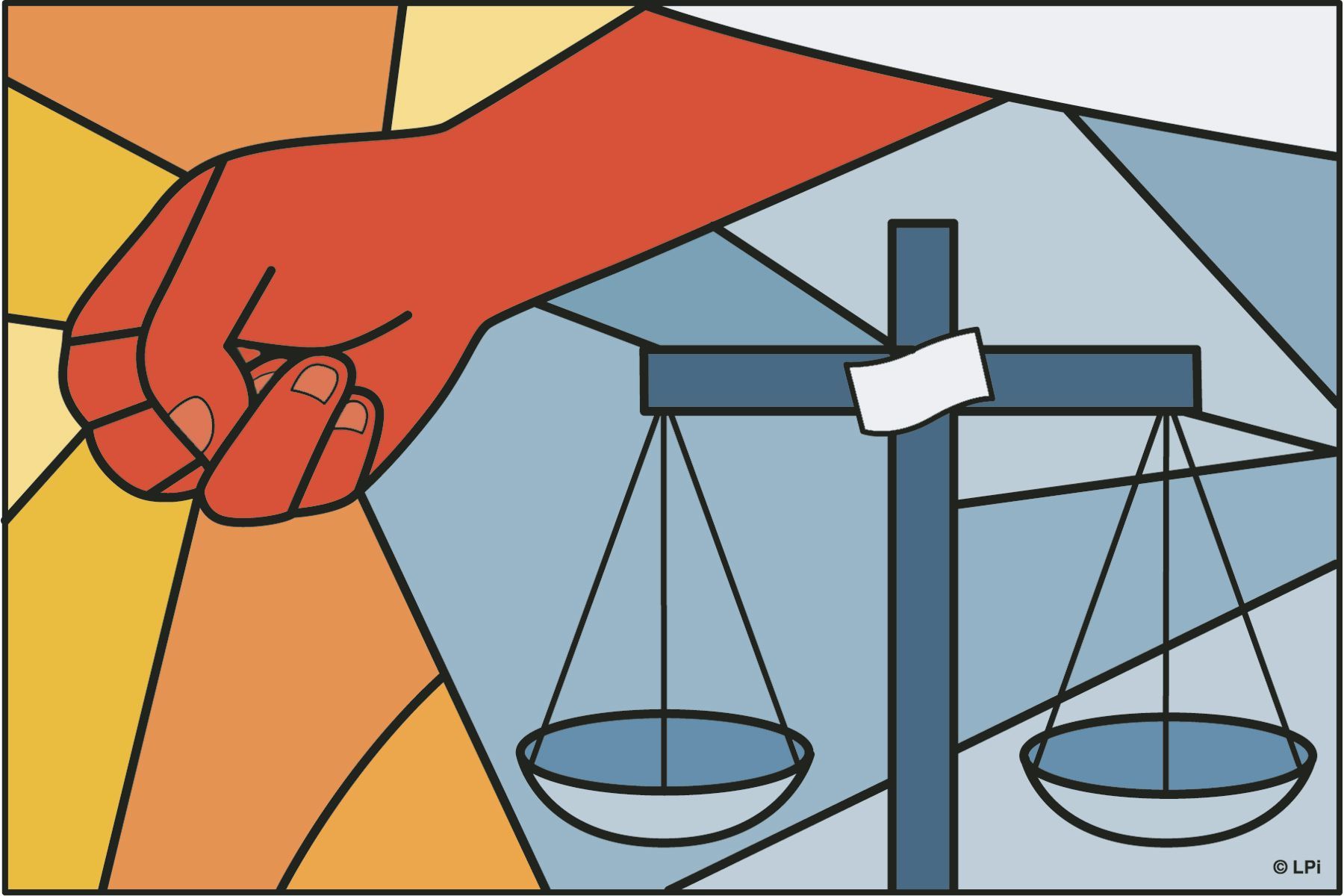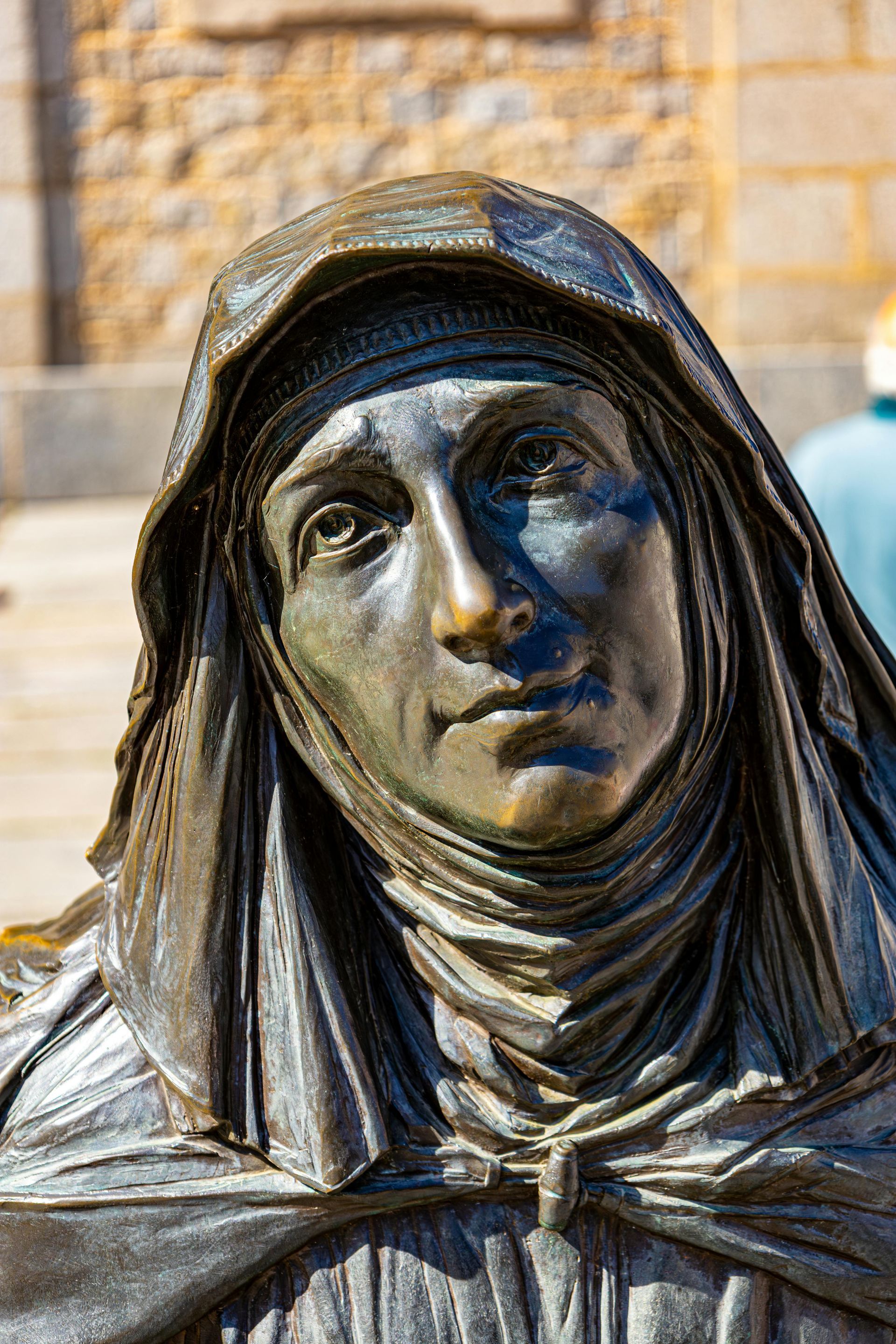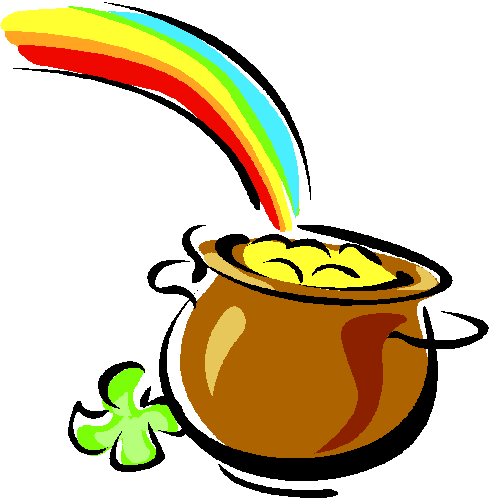Epiphany B - January 7, 2024
Epiphany B
January 7, 2024
Journey of the Magi
T. S. Eliot
1888 –
1965
‘A cold coming we had of it,
Just the worst time of the year
For a journey, and such a long journey:
The ways deep and the weather sharp,
The very dead of winter.’
And the camels galled, sore-footed, refractory,
Lying down in the melting snow.
There were times we regretted
The summer palaces on slopes, the terraces,
And the silken girls bringing sherbet.
Then the camel men cursing and grumbling
And running away, and wanting their liquor and women,
And the night-fires going out, and the lack of shelters,
And the cities hostile and the towns unfriendly
And the villages dirty and charging high prices:
A hard time we had of it.
At the end we preferred to travel all night,
Sleeping in snatches,
That this was all folly.
Then at dawn we came down to a temperate valley,
Wet, below the snow line, smelling of vegetation;
With a running stream and a water-mill beating the darkness,
And three trees on the low sky,
And an old white horse galloped away in the meadow.
Then we came to a tavern with vine-leaves over the lintel,
Six hands at an open door dicing for pieces of silver,
And feet kicking the empty wine-skins,
But there was no information, and so we continued
And arrived at evening, not a moment too soon
Finding the place; it was (you may say) satisfactory.
All this was a long time ago, I remember,
And I would do it again, but set down
This set down
This: were we led all that way for
Birth or Death? There was a Birth, certainly,
We had evidence and no doubt. I had seen birth and death,
But had thought they were different; this Birth was
Hard and bitter agony for us, like Death, our death.
We returned to our places, these Kingdoms,
But no longer at ease here, in the old dispensation,
With an alien people clutching their gods.
I should be glad of another death.
At the celebration of Epiphany, I find myself seeking out the words of the poet T.S. Eliot in his poem The journey of the Magi. In his poem Eliot tells about the difficult journey of the Magi in the voice of one who was there. The narrator comments on the weather, cold, and the rugged places where they slept and how eventually they decided to journey at night getting little sleep. When they finally find the manger the narrator comments on the scene, wondering if he was seeing birth or death. This is how the poem ends:
All this was a long time ago, I remember,And I would do it again, but set down
This set down
This: were we led all that way for
Birth or Death? There was a Birth, certainly,
We had evidence and no doubt. I had seen birth and death,
But had thought they were different; this Birth was
Hard and bitter agony for us, like Death, our death.
We returned to our places, these Kingdoms,
But no longer at ease here, in the old dispensation,
With an alien people clutching their gods.
I should be glad of another death.
The mystery of Christmas is that we celebrate a birth because of a death. We celebrate the birth of the Christ because he was born to die for you and for me. The Christ is our God who put aside divinity to be with us and to experience all we experience, even death. Our God has come for all people when Matthew and Luke set out to tell the story of Christ they had the first witnesses be the poorest of poor, Shepherds and the Gentiles, the magi.
I have an old sculpture if a child asleep on a cross. The manger is connected to the cross. Without the cross we would not have the manger. The mystery of Christmas is about a love that is willing to suffer and die.
A few weeks ago we came to worship the new born King in a full church. Many came out of habit to hear the voice of the angels. They haven’t returned to afore the Christ child with the magi. Like the narrator in Eliot’s poem we return:
We returned to our places, these Kingdoms,
But no longer at ease here, in the old dispensation,
With an alien people clutching their gods.
I should be glad of another death.
We go forth, like the magi, to share what we have seen and like the magi of old we wonder at the miracle of Christmas. We seek for the meaning of the birth, death and resurrection. We take a journey begun at the stable in Bethlehem.

The last line of our gospel speaks of saying yes and saying no: Let your ‘Yes’ mean ‘Yes’ and your ‘No’ mean ‘No’. (Matthew 5:37) When we say ‘yes’ to one thing, we may be saying ‘no’ to another. Sometimes our choices are among goods. We may need to prayerfully consider what to say ‘yes’ to. The words of Jesus imply that once we have made a choice, we need to stick with it. Too often we say ‘yes’ and later regret what we said ‘yes’ to. It may take time to grow into the choice we have made. We may need to stick with it for a time, and in time, our choice may feel right. When I took on my first assignment as a pastor, Bishop Hubbard advised me, “Make no large decisions the first year.” I found this to be sage advice. I found it takes time to get to know others and to find my way. Those who are in recovery are advised not to enter into any new relationships in their first year of recovery. This is also sage advice; the first year is about focusing on a new life of recovery, it is not the time to begin a new relationship. In time things make sense. I recall the words of Tevye and Golde in Fiddler on the Roof : (Tevye) "Golde I'm asking you a question..." Do you love me? (Golde) You're a fool (Tevye) "I know..." But do you love me? (Golde) Do I love you? For twenty-five years I've washed your clothes Cooked your meals, cleaned your house Given you children, milked the cow After twenty-five years, why talk about love right now? (Tevye) Golde, The first time I met you Was on our wedding day I was scared (Golde) I was shy (Tevye) I was nervous (Golde) So was I (Tevye) But my father and my mother Said we'd learn to love each other And now I'm asking, Golde Do you love me? (Golde) I'm your wife (Tevye) "I know..." But do you love me? (Golde) Do I love him? For twenty-five years I've lived with him Fought him, starved with him Twenty-five years my bed is his If that's not love, what is? (Tevye) Then you love me? (Golde) I suppose I do (Tevye) And I suppose I love you too (Both) It doesn't change a thing But even so After twenty-five years It's nice to know. The most important ‘yes’ we make is a ‘yes’ to the Lord. It may take time to figure out what this may entail. This was true for Mary when she said ‘yes’ to the angel. Jospeh also had to say ‘yes’. Neither knew where that ‘yes’ would take them, and so it is for us. I am reminded of the words of Michel Quoist in his book Prayers of Life : Help Me to Say ‘Yes’ I am afraid of saying ‘Yes,’ Lord. Where will you take me? I am afraid of drawing the longer straw, I am afraid of signing my name to an unread agreement, I am afraid of the ‘yes’ that entails other ‘yeses.’ And yet I am not at peace. You pursue me, Lord, you besiege me. I seek out the din for fear of hearing you, but in a moment of silence you slip through. I turn from the road, for I have caught sight of you, but at the end of the path you are there awaiting me. Where shall I hide? I meet you everywhere. Is it then impossible to escape you? But I am afraid to say ‘Yes,’ Lord. I am afraid of putting my hand in yours, for you hold on to it. I am afraid of meeting your eyes, for you can win me. I am afraid of your demands, for you are a jealous God. I am hemmed in, yet I hide. I am captured, yet I struggle, and I fight knowing that I am defeated. For you are the stronger, Lord, you own the world and you take it from me. When I stretch out my hand to catch hold of people and things, they vanish before my eyes. It's no fun, Lord, I can't keep anything for myself. The flower I pick fades in my hands. My laugh freezes on my lips. The waltz I dance leaves me restless and uneasy. Everything seems empty, Everything seems hollow, You have made a desert around me. I am hungry and thirsty, And the whole world cannot satisfy me. And yet I loved you, Lord; what have I done to you? I worked for you; I gave myself for you. O great and terrible God, What more do you want? * * * Son, I want more for you and for the world. Until now you have planned your actions, but I have no need of them. You have asked for my approval, you have asked for my support, you have wanted to interest me in your work. But don't you see, son, that you were reversing the roles? I have watched you, I have seen your good will, And I want more than you, now. You will no longer do your own works, but the will of your Father in heaven. Say ‘Yes,’ son. I need your ‘yes’ as I needed Mary's ‘yes’ to come to earth, For it is I who must do your work, It is I who must live in your family, It is I who must be in your neighborhood, and not you. For it is my look that penetrates, and not yours, My words that carry weight, and not yours, My life that transforms, and not yours. Give all to me, abandon all to me. I need your ‘yes’ to be united with you and to come down to earth, I need your ‘yes’ to continue saving the world! * * * O Lord, I am afraid of your demands, but who can resist you? That your Kingdom may come and not mine, That your will may be done and not mine, Help me to say ‘Yes.’

Deacon Greg Kandra tells the story of meeting a person who chose to convert to the Catholic faith. He asked why this person chose to convert and was told, "because of my boss.” Deacon Kandra asked why and was told, “He seemed to glow with the light of God and I decided I wanted what he had.” I am reminded of the words of Ralph Waldo Emerson, “What you do speaks so loudly I cannot hear what you are saying.” It is not the words that attract people to the Lord; often it is how we live our lives that makes the difference. Jesus reminds us not to hide our light under a basket. The prophet Isaiah gives us a list of how we shine our light in the world: Share your bread with the hungry, shelter the oppressed and the homeless; clothe the naked when you see them, and do not turn your back on your own. Then your light shall break forth like the dawn... (Isaiah 58:7-8) Many will stand on soap boxes and proclaim how good they are. It is not their words that speak to us but their actions. This is what Emerson is speaking about and what that person’s boss proclaimed. They did not hide their lamp but let their good works speak for them. St. Mother Teresa of Calcutta spoke about this in her poem Anyway : People are often unreasonable, illogical and self-centered; Forgive them anyway. If you are kind, people may accuse you of selfish, ulterior motives; Be kind anyway. If you are successful, you will win some false friends and some true enemies; Succeed anyway. If you are honest and frank, people may cheat you; Be honest and frank anyway. What you spend years building, someone could destroy overnight; Build anyway. If you find serenity and happiness, they may be jealous; Be happy anyway. The good you do today, people will often forget tomorrow; Do good anyway. Give the world the best you have, and it may never be enough; Give the world the best you've got anyway. You see, in the final analysis, it is between you and your God; It was never between you and them anyway. (Inscribed on the wall of Mother Teresa's children's home in Calcutta) In these cold dark days, we are invited to share the warmth and light of the spirit of our God with those who we meet.

THE SEARCH by Shel Silverstein I went to find a pot of gold That's waiting where the rainbow ends. I searched and searched and searched and searched And searched and searched, and then— There it was, deep in the grass, Under an old and twisty bough. It's mine, it's mine, it's mine at last.... What do I search for now? So often we look at life as a destination. How often as children did we bug the driver of the car with the endless question, “Are we there yet?” The spiritual masters remind us that life is not about the destination, but the journey. How much we would miss if we didn’t take the journey. The Prophet Zephaniah encourages us to “seek the Lord”. One way we seek the Lord is by our poverty of spirit. We are blessed as we begin to recognize that I am not in charge, God is the one in charge. I let God set the agenda. One aspect of wisdom is knowing I am not wise. St. Paul, in his letter to the community at Corinth, speaks about true wisdom: God chose the foolish of the world to shame the wise, and God chose the weak of the world to shame the strong. Sometimes it is the foolish who get it: the foolish see that the journey is the goal, not the pot of gold under the rainbow. The challenge is learning to live day by day and let God be the one in charge. Sometimes God acts to remind us of who is in charge. The storm this week reminded us that we are not in charge. Our plans needed to be changed to address the issues of the storm. We had a choice; we could have cursed the storm or adjusted our expectations. We are on a new journey. The pot of God may have hidden in the people and projects we addressed this week. In a few short weeks we will begin the season of Lent, a journey we take toward the most important days of the year. Holy Week lays out for us the mysteries of our faith: the Passion, Death, and Resurrection of our Lord. How will we take this journey? How will we seek the Lord? Lent is a search, not for pots of gold, but for a deeper relationship with the Lord. I went to find a pot of gold That's waiting where the rainbow ends. I searched and searched and searched and searched And searched and searched, and then— There it was, deep in the grass, Under an old and twisty bough. It's mine, it's mine, it's mine at last.... What do I search for now?



